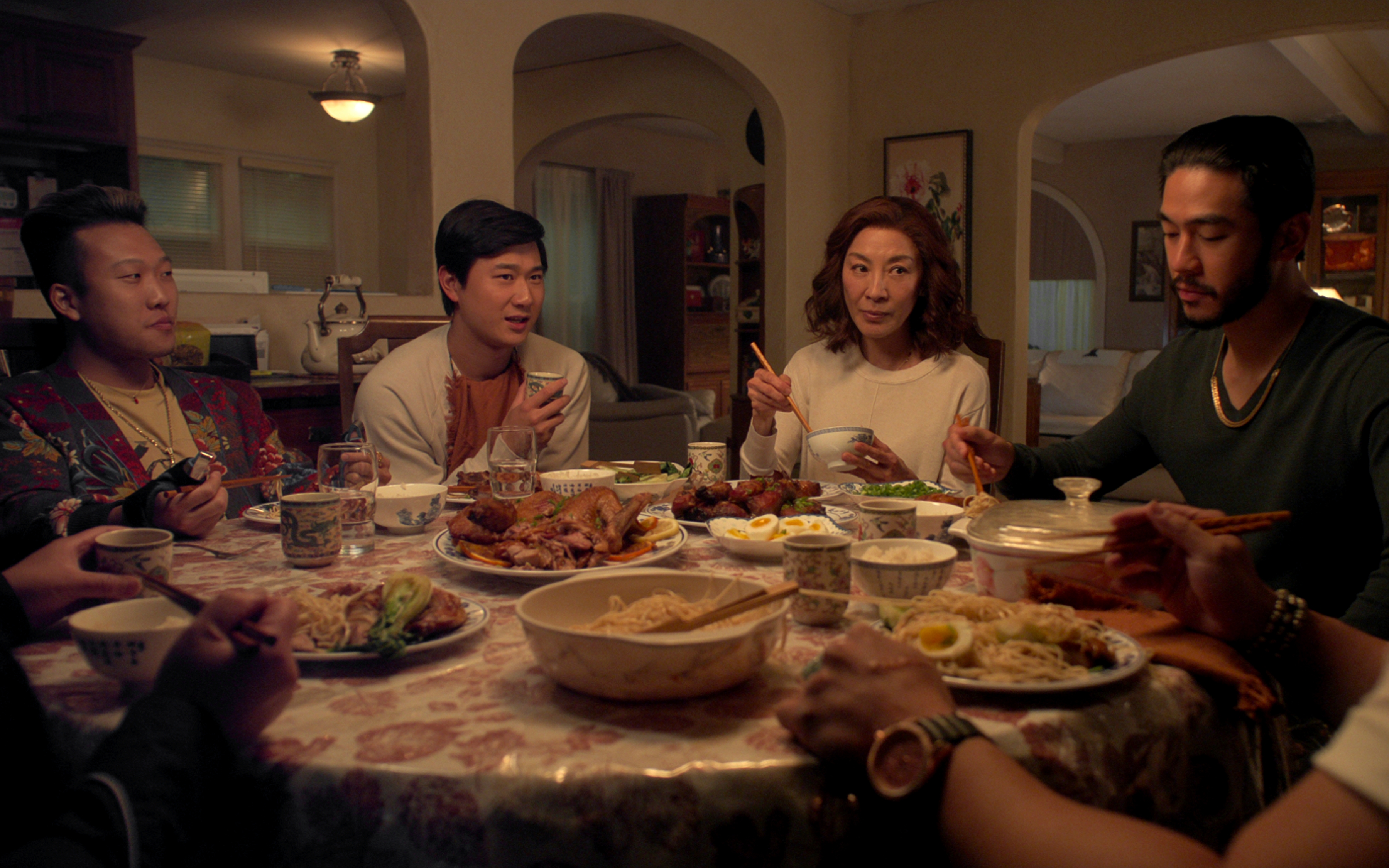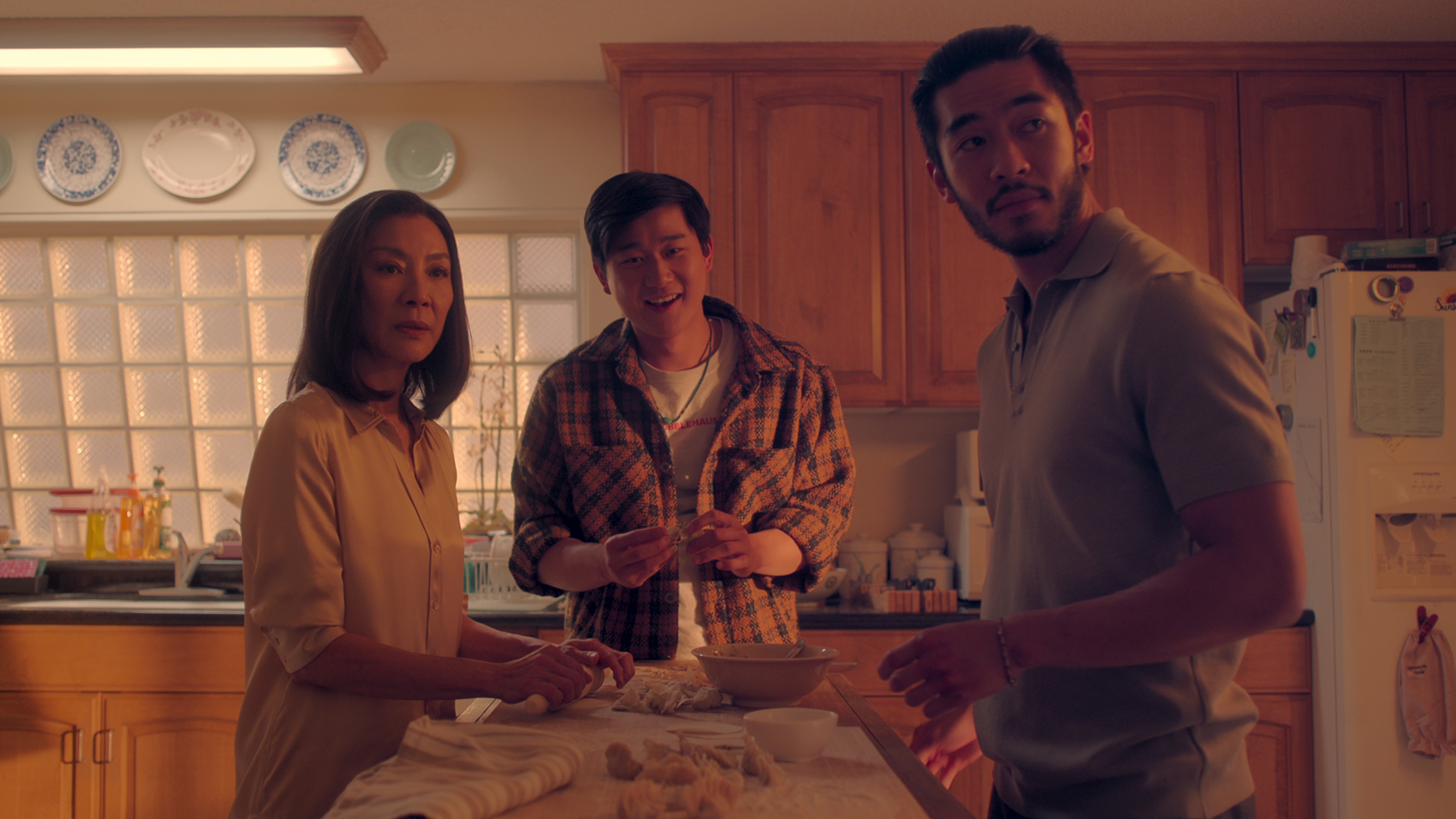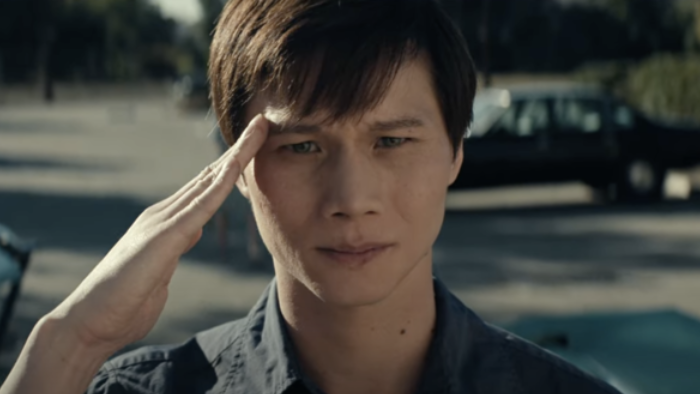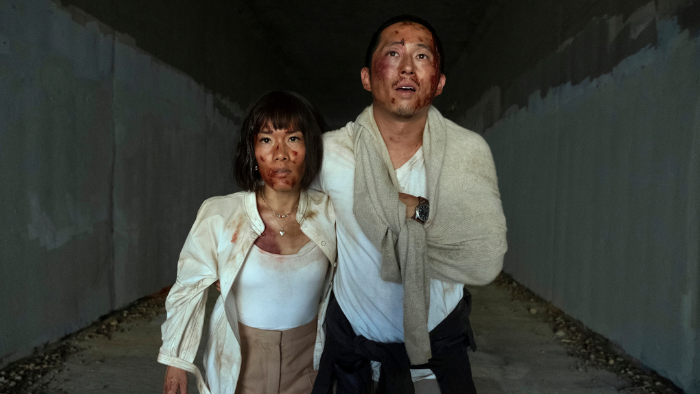In film and TV, the actors on the screen stay in the forefront of audience members’ minds, but what about the people who make the magic happen? What about the folks behind the camera who choose the people who will be on camera? Enter casting director Jenny Jue, who first got her start working with film auteur Quentin Tarantino and has since made waves for API creatives in the industry. Her latest work, “The Brothers Sun,” which dropped on Netflix at the beginning of this year, features an all Asian cast and writer’s room.

Character Media sat down with Jue for an interview about her career thus far.
CM: For those unfamiliar with the entertainment world, can you explain what the work of a casting director entails?
JJ: We get a script and immediately start identifying who could be right for the roles. Usually, we work directly with producers and a director to narrow down choices, and on an independent film those can be absolute choices — the director has autonomy. On studio projects, you have to run it up the chain of command to see if they’re on board.

CM: When you first entered the industry, was it a goal to work on API centered projects or is that something that happened naturally?
JJ: When I first started, the casts that we put together were predominantly white. It wasn’t until ‘Crazy Rich Asians’ that I [thought] maybe this is the start of a new movement where studios will greenlight Asian-centric projects.
[It] opened up so many doors. But, at the same time, because there’s so much Asian centric content we’re under more scrutiny. We don’t want to ever get to the point where a studio says, ‘We tried the Asian thing and it didn’t work for us.’

CM: I get that. The more Asian projects come out it feels as though we have to be like, ‘This needs to be as good as the last one’.
JJ: It’s valid to hold criticisms on Asian-centric projects. That’s the next step where it’s not a participation trophy of ‘We’re going to like it because it’s part of our community.’
The studio system that makes decisions on what to greenlight, they’re at least a year behind where the talent pool is. That’s why it’s even more important that the stars that do rise have the chops. Those are the names the studios are gonna have on their list for the next two years.
CM: What do you look for when you’re casting roles? Can you talk a little bit about your motto, ‘casting the chemistry’?
JJ: My motto is no weak links and cast the chemistry on top of that. Faces that really pop on screen. That feeling where you can grab them and you’re hanging on their every word. It’s important moving forward that our future stars have a very distinctive look — that they’re recognizable.

CM: Can you talk a little bit about your latest project, “The Brothers Sun”? How was that experience?
JJ: I read the script and thought, ‘I have to work on this.’ I felt so many connections to it. My high school boyfriend was in a Taiwanese gang. I have family in San Gabriel Valley. I felt like everything I’d done up to that point was in preparation to be the one to cast this project. When I got the job, I realized what a big responsibility it was. I wanted to do right by these characters. [They’re] so distinctive and layered that I think if we had only looked at recognizable names, we would really be shoehorning them into roles that they weren’t quite right for. With the blessing of Netflix and the collaboration of Kevin Tancharoen, our director, Byron Wu, and Brad Falchuk, we really set out to get some new blood into the show.
CM: How has your job evolved over the years? Streaming has really shaken up the industry, has that affected you?
JJ: Self tapes [are] becoming the norm. It’s great because I see a lot more people for roles. I think specifically for the Asian community, that’s been crucial. To be able to reach people, not just in L. A. and New York, but the rest of the country and the world.
It also opened up who’s valuable. Previously, especially when it comes to independent film, you’re at the mercy of foreign sales companies who are going to tell you who’s sellable in different markets. And streamers coming in really disrupted that system because someone like Maitreyi, for example, all of a sudden becomes a green light-able name on an independent film because of her show being so successful on Netflix. [Before], TV and film were very separate.

CM: That’s really enlightening because you always hear so many things from different sides of the industry. One fun question, do you have a favorite genre to cast?
JJ: I have done a couple action projects now and it’s so much fun. I’ve had the opportunity to work with two incredible stunt coordinators who really want to bring in stunt people who can do a few lines here and there. I would love to do more of that.
CM: Is there any genre you haven’t casted that you would be itching to try?
JJ: This sounds weird, but I really like true crime recreations, and I think it would be really fun to do a project where you have to cast great actors who look very similar to your documentary subjects. When I first started out, there was a show called ‘Locked Up Abroad’, and I was obsessed with the show because they had Europeans who go to Thailand, smuggle drugs, and then get thrown in jail. Their casting was amazing.





